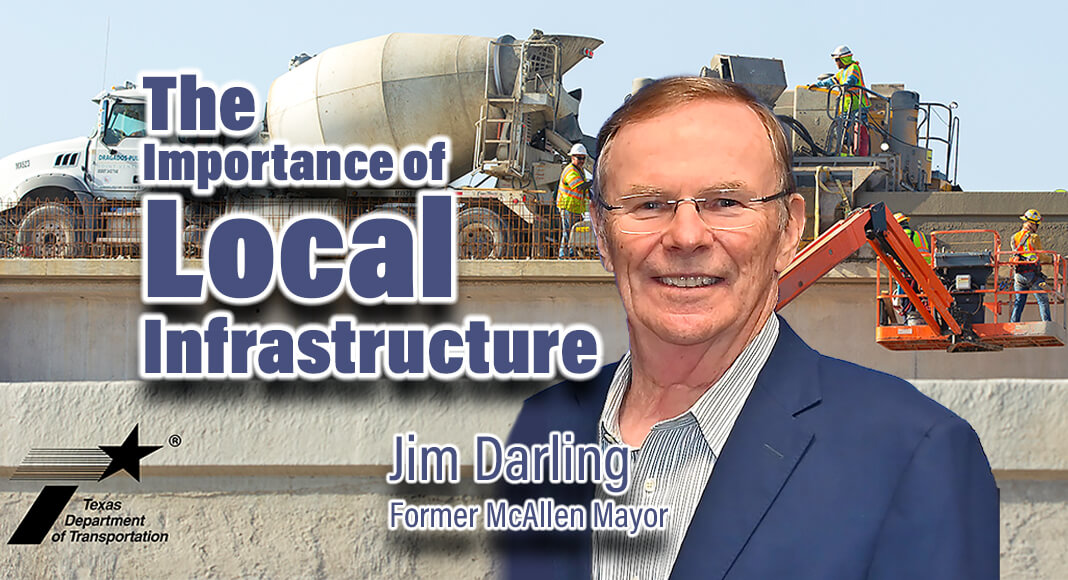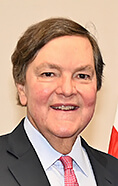
Texas Border Business
By Roberto Hugo González
Texas Faces Tremendous Growth and Infrastructure Challenges, According to TxDOT Chairman Bugg
During an event by the McAllen Chamber Government Affairs, Texas Department of Transportation (TxDOT) Chairman J. Bruce Bugg, Jr., emphasized the unique challenges and opportunities that Texas faces due to its exponential population growth.
He said that the Lone Star State saw a remarkable increase of over 4 million people from 2010 to 2020, and it’s projected to be home to an estimated 40 million residents by 2050. This explosion in population makes it imperative for the state to develop a robust, efficient, and future-proof transportation infrastructure, especially in high-growth regions like the Rio Grande Valley.
Jim Darling, former mayor of McAllen and Chairman-elect of the McAllen Chamber of Commerce, spoke about the intricacies of the relationship between local communities and state-run infrastructure projects in Hidalgo County.
Darling noted that a majority of main streets in local cities, including in McAllen, are state streets maintained by TxDOT. This level of involvement from the state in local affairs makes it crucial for local governments to work in tandem with state authorities for maintaining and expanding infrastructure. Darling specifically cited how well-maintained these state roads are, attributing the quality to a state policy that prevents water or sewer pipes from being laid under these streets.
State Funding Crucial for International Anzalduas Bridge Projects
Jim Darling disclosed his past interactions with Chairman Bugg during the financing of bridge projects, particularly the International Anzalduas Bridge. According to Darling, state funding was significant in both the original construction and the ongoing expansion of the bridge. The state’s role in these large infrastructure projects highlights the interconnectedness of local, state, and even international (given the bridge’s connection to Mexico) authorities in ensuring the smooth flow of transportation and commerce.
Darling was particularly impressed with Chairman Bugg’s deep understanding of regional needs and his hands-on approach to his work. According to Darling, Bugg makes it a point to actively listen to community needs across the state and ensures that decisions are made based on those needs rather than political considerations. This approach is seen as incredibly beneficial for a state grappling with significant growth and varied regional requirements.
Lastly, Darling stated Chairman Bugg’s passion for his job and his commitment to public service. He expressed how crucial it is to have someone who not only understands the complexities of state infrastructure but is also genuinely dedicated to serving the public’s needs in such a key position.















